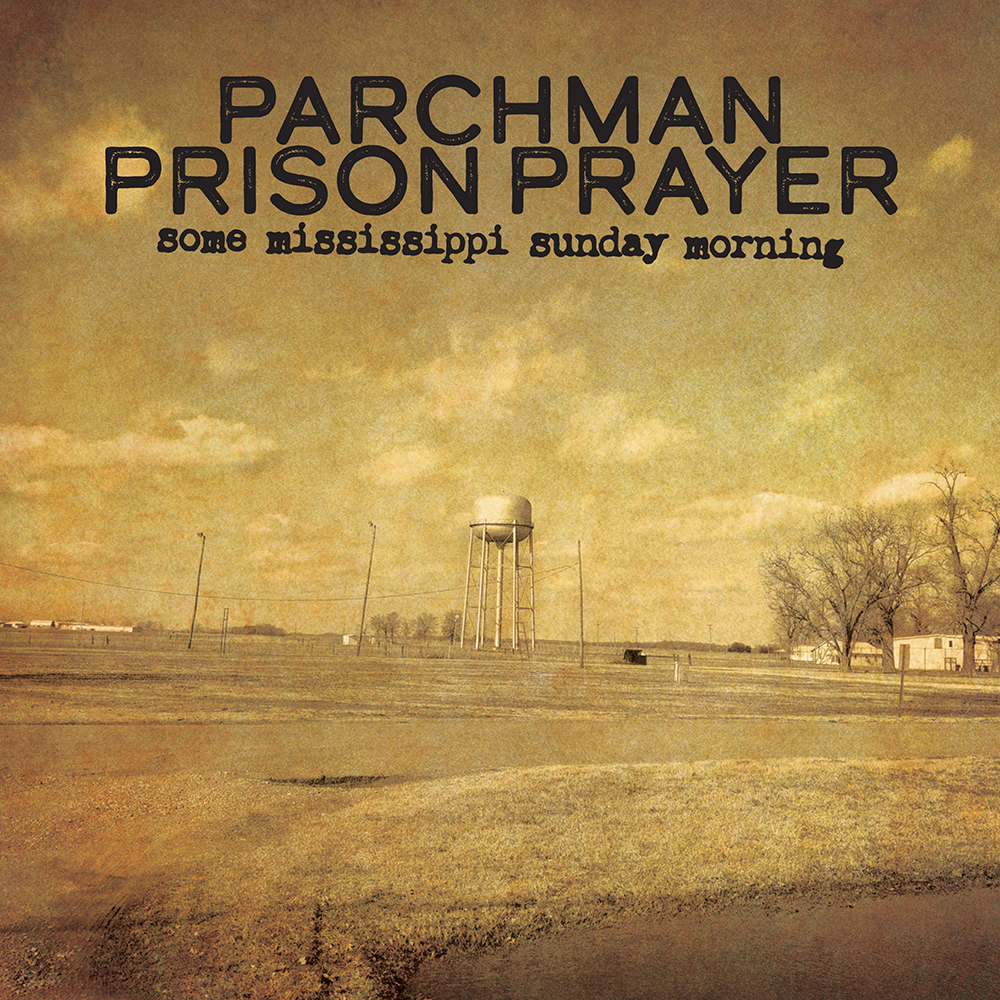The gruesome history of Parchman dates back to 1901, when the State of Mississippi bought up former plantation land in the heart of the Delta. Work on Parchman’s eighteen thousand acres took place from sunup to sundown. For years, the head driver would mete out punishment with a leather strap known as Black Annie. Lately, the brutalities at Parchman have taken more insidious forms—inoperable showers and toilets, cells that lack mattresses and are overrun with rats. In 2022, a U.S. Department of Justice report found reasonable cause that the facility violated the constitutional rights of the people incarcerated there, nearly seventy per cent of whom are Black.
Within this container of cruelty, amid atrocities born of the mother of all atrocities, there was always music. There were work songs, through which incarcerated people could occupy their voices and their minds while their bodies toiled. There were field hollers, rising above the repetitive sounds of sharecropping—upbeat if the work was moving quickly, slower when it had begun to take its toll. There were songs that were also pleas: for food, for water, for rest, for a lover left behind, for someone beyond the walls who might still have an ear to the wind. There were songs of devotion, asking for mercy and forgiveness, and also preaching the gospel of giving oneself over to God.
Parchman Farm is not the only such institution with a rich musical legacy. In 1959, the folklorist Harry Oster recorded an album at the Louisiana State Penitentiary, a.k.a. Angola Farm. But Parchman has a special connection to the Delta blues, because several of the best Mississippi bluesmen—among them Booker (Bukka) White, R. L. Burnside, and Big Bad Smitty—did stints there. The blues is a mythological genre, smuggling wisdom inside tales of evils and exploits which sometimes strain credulity. But the blues songs that came out of Parchman functioned as a form of testimonial. Musicians would get out of prison and, through song, bring word of what it was like on the inside. White, on “Parchman Farm Blues,” recorded in 1940, shortly after his release from the farm, sings of starting work “just at break of day” and issues a warning: “Oh, listen, you men, I don’t mean no harm / if you wanna do good, you better stay off ol’ Parchman farm.”
